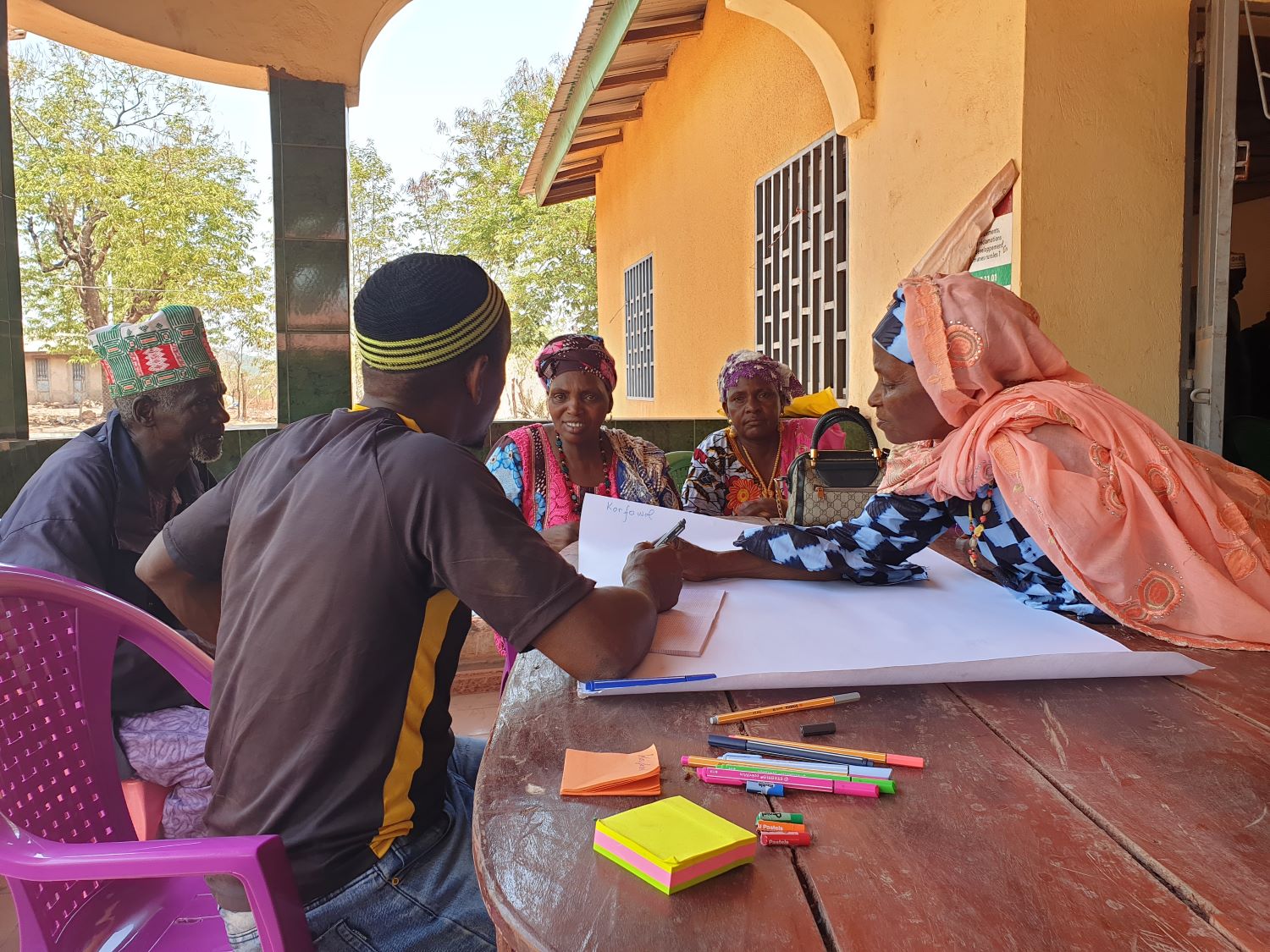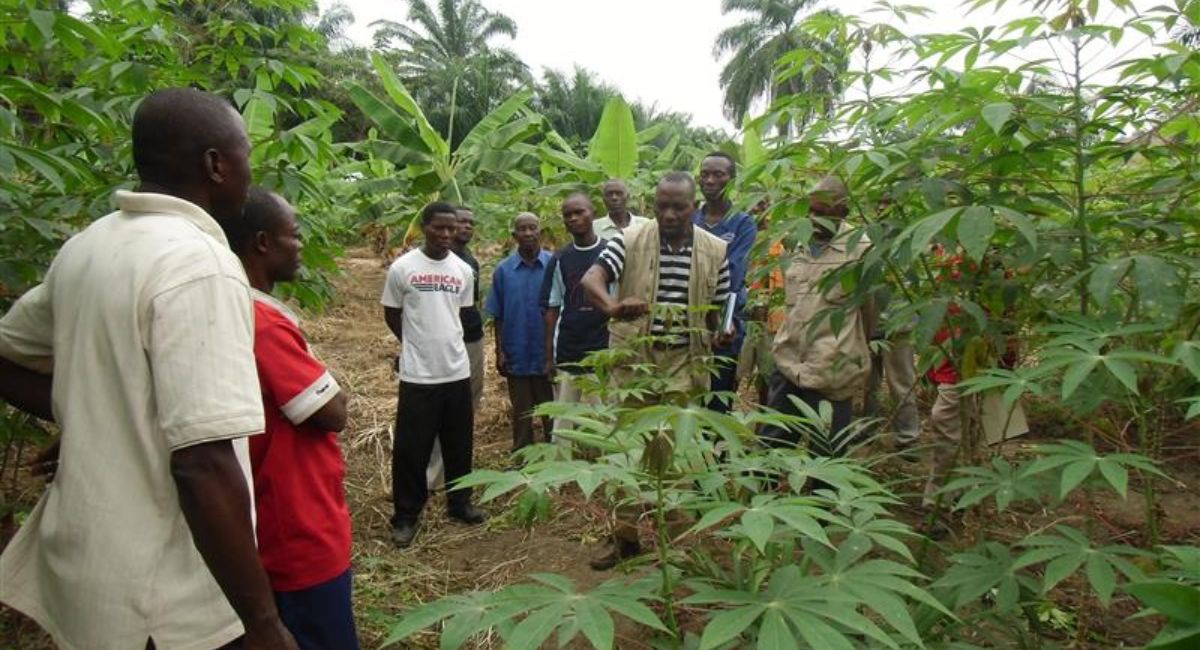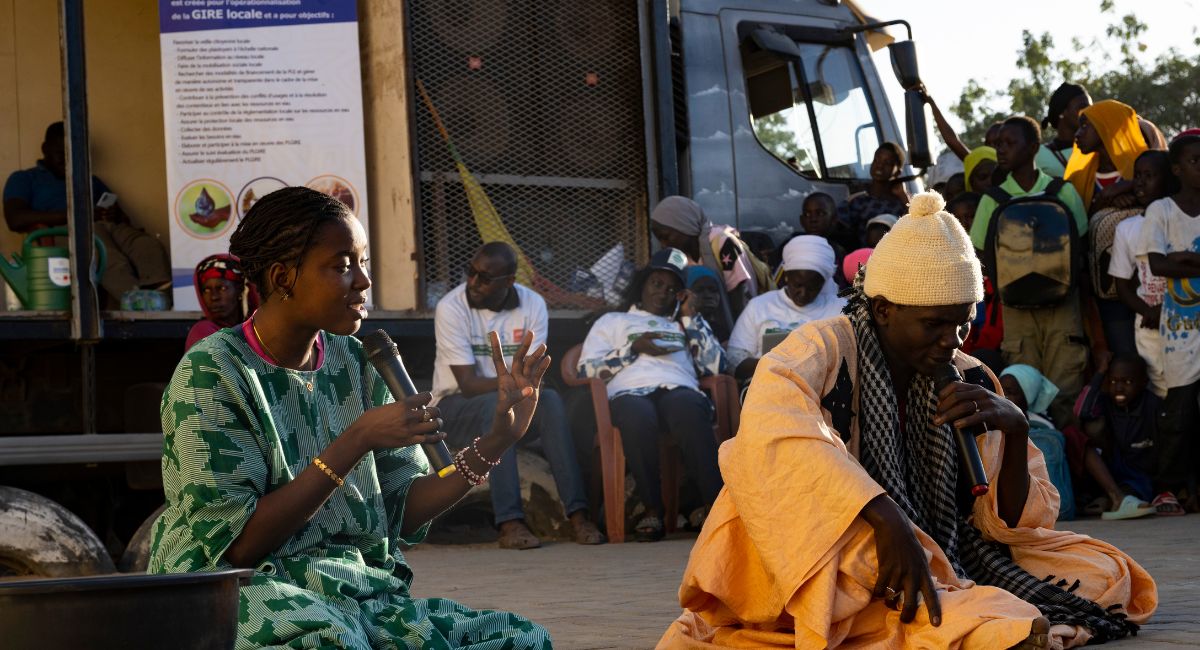During the Climate ambition summit on 20 September 2023 at the United Nations headquarters in New York, the UN Secretary-General called on governments, businesses, finance, local authorities and civil society to accelerate international action. In France, international solidarity NGOs are gearing up to contribute to the collective worldwide effort. Interview with Guillaume Quelin – climate action manager at GRET and head of the Coordination Sud Climate and development commission – on the challenges facing the sector.
How are international solidarity NGOs in France organising to continue conducting their general interest mission while contributing to sobriety?
The terrifying figure recently highlighted by Valérie Masson-Delmotte, palaeontologist and co-chair of the IPPC’s group 1: 1 kg of CO2 emitted into the atmosphere ultimately leads to 15 kg of glacier melting. In the face of climate emergency, everyone – businesses, citizens, NGOs, etc. – must play their part, at their own individual level. Equally, the international solidarity sector in France must reinvent itself and change the way it works.
As part of the Coordination Sud Climate and development commission, GRET conducted a “situated” survey among 33 international solidarity organisations. The results of the latter provide an overview of dynamics underway. There has been a substantial acceleration of climate transition initiatives since 2019: among all of the organisations surveyed, in 1998, only one NGO had undertaken initiatives to reduce its carbon footprint and its impact in the field. In 2023, more than 23 had done so, albeit with varying levels of progress on strategy and actions.
The sector is raising questions and working together on these issues, which need to be explored in greater detail. Today, there are three main challenges: firstly, to gain greater recognition of these initiatives and obtain funding for them. It is also necessary to tackle the main source of emissions: air travel undertaken within our modes intervention and our partnerships. Lastly, open these reflections more broadly to our colleagues and partners in developing countries, and to all international cooperation partners.
In 2022, GRET adopted its own innovative ecological transition strategy. What stage is it at in its implementation?
Yes, GRET adopted its own strategy, inspired by the Paris Agreement. Each site and each team is doing what it can to contribute to two ambitious collective objectives: compared to 2020, reduce our emissions by an average of 50% per GRET member by 2030; and systematically consider the challenges of ecological transition in GRET’s projects. GRET also signed the declaration of commitment by humanitarian organisations on climate, initiated by Réseau Environnement Humanitaire.
Actions are being organised at headquarters and in our representation offices in the field, with the help of a network of focal persons. At our most recent General Assembly in early September, we notably took steps with immediate effect concerning air travel: a ban on short haul flights when a safe alternative of less than six hours is possible, and a ban on flights with connections when a direct flight exists. Our annual internal Tropics seminar will from now on only take place in situ every two years. And, more generally, GRET is committed to a 25% reduction in its number of flights by 2025, and a 50% reduction by 2030.
NGOs also have action levers to carry out transitions in the field. What issues and challenges does this entail?
We know that climate change will contribute to further exacerbation of economic and social inequalities. Technical solutions alone will be insufficient to respond to future shocks, such as the construction of infrastructure and recourse to the private sector. Adaptation to climate change requires support for profound transformations in societies and territories, with participation by citizens. Strategic choices must be made over the long term and they will have an impact on people’s daily lives. Adaptation also means questioning current social and economic inequalities and developing the power of each individual to take action. In this regard, civil society organisations have an essential role to play, from supporting social and technical innovations to discussions between communities and territories in different continents. The latter are sometimes confronted with lack of funding.
Although donors today are increasingly thinking about contribution from the private sector and financial stakeholders (multilateral banks and subnational development banks in particular), the role of civil society remains too often overlooked. Yet it would be interesting to co-construct a complementary response with all of these stakeholders, and to implement funding systems dedicated to adaptation led by civil society.




